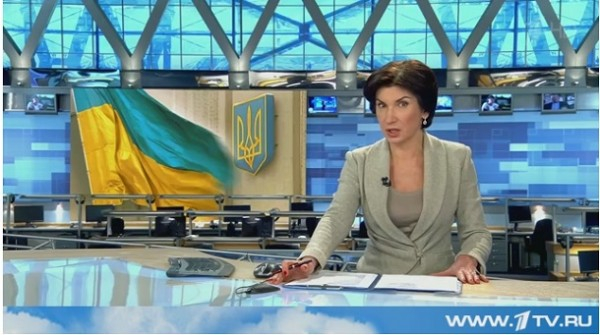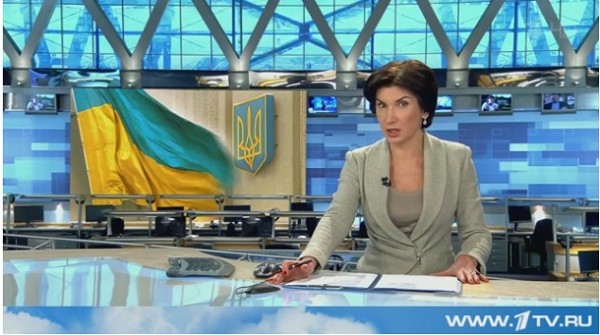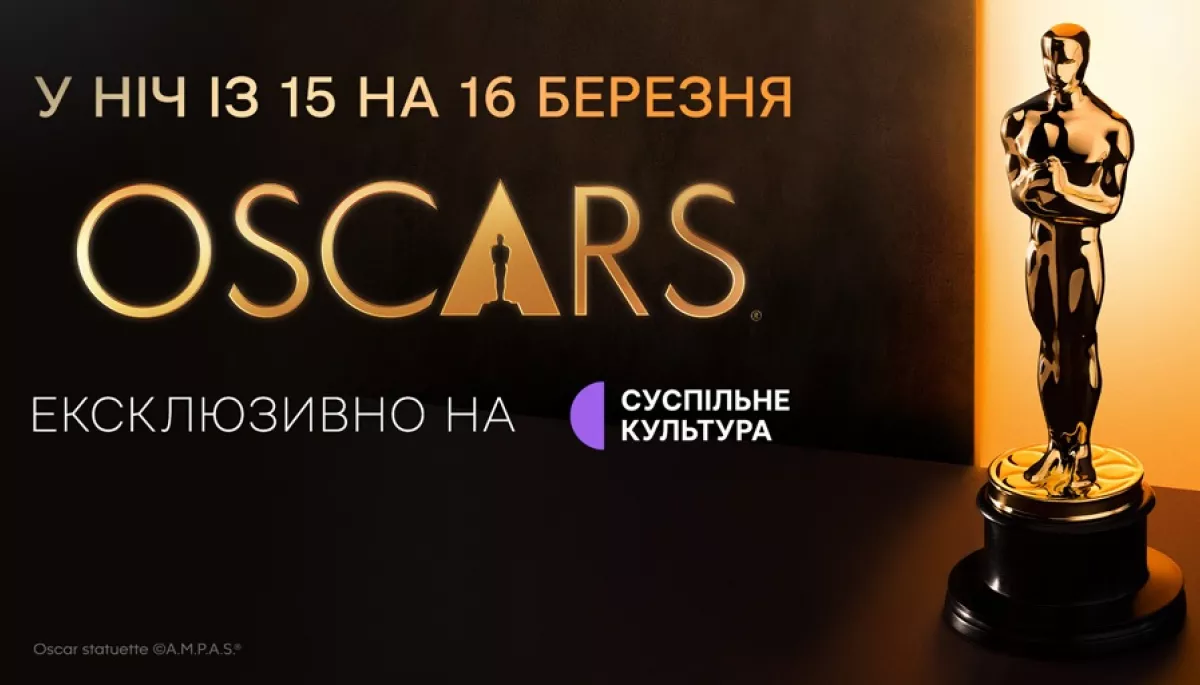
Does the Russian propaganda put the separatist leaders out of the information field?
Does the Russian propaganda put the separatist leaders out of the information field?


After the January information silence, the Russian TV channels began to actively replicate reports of fighting in the Donbas. The main leitmotiv of the stories was the violation by Ukraine of the truce and Minsk agreements.
It is curious that the news from Donbas mentioned separatist leaders more rarely; reports were submitted with reference to anonymous, unverifiable sources (‘DPR intelligence’, ‘locals’) or staff ‘talking heads’ of the separatists (Basurin, Pushilin, Deynego).
At the same time, the separatists’ news rather repeat and duplicate the information, voiced by Russian diplomats. For example, on February 4, the Russia channel quoted the Russian Ambassador to the OSCE Aleksandr Lukashevich saying “the activities of the Ukrainian military speak for the readiness to the force scenario in the Donbas.” The next day, on February 5, the same Russia channel broadcasted about “the DPR Army conducting exercises near Donetsk Thorez, the most extensive ones since the establishment of the self-proclaimed republic”. Only on February 12, TV-Center quoted ‘head of the self-proclaimed DPR’ Aleksandr Zakharchenko saying that “there are 90 thousand Ukrainian soldiers and 500 tanks on the contact line, which indicates that Kiev is ready to start a full-scale military operation”. The same thesis, but with reference to the anonymous ‘ministry of defense of the DPR’, was repeated on Russia channel on February 21.
We could also watch the increase in the number of stories aimed at the support of the negative image of the Armed Forces of Ukraine. For this purpose, they used the reports about survivor civilians, internal problems of the AFU (desertion, crime), military clashes with the ‘nationalist battalions’:
• “An Aydar fighter, arrested with drugs, blew up bridges in the LPR” (“Lifenews”, 03.02.2016) • “desertion in the AFU ranks, also acknowledged by the Ukrainian Command, has already reached epidemic scale… According to defectors, the Ukrainian Army ranks are full of drug addicts. Officers trade drugs without shame. There is general drunkenness on the positions.” (NTV, 05.02.2016);
• “The cyborgs wounded a girl of nine. The AFU shelled Zaytsevo village to the north of Gorlovka” (Russia Channel, 06.02.2016; TV-Center, 08.02.2016);
• “The National Guard units, not controlled by the command and mostly consisting of nationalists, continue conducting illegal actions against civilians of the regions under control of Ukraine near the contact line (Lobachevo, Trekhizbenka, and Staryi Aydar)” (Zvezda, 06.02.2016);
• “according to UPR intelligence, the Ukrainian military involve the imprisoned” (Zvezda, 07.02.2016);
• “near the villages of Rassvet and Lobachevo, there was a skirmish between the AFU units and the Right Sector” (Zvezda, 08.02.2016 and 10.02.2016);
• the quoting of ministry of Defense of the DPR about the mine-laying by “the fighters of nationalist battalions” of dirt roads around the village of Luganskoye, “which is a direct threat for people’s lives and gross violation of Geneva Convention” (NTV, 13.02.2016);
• about the inclusion of ‘Georgian mercenaries’ in the Ukrainian Army (Lifenews, 13.02.2016);
• about huge losses on February 9 under Maryinka as a result of the clash between paratroopers and Right Sector (Zvezda and Ren-TV, 15.02.2016);
• a report about the transfer “by the AFU Command of American mercenaries, who are in the Donbass on the territory under control of Kiev, from Severodonetsk to the village of Schedrischevo” (Zvezda, 23.02.2016);
• a reference to the reports of officers of operative divisions of the Russian Ministry of Internal
Affairs about “the Turkish nationalist organization ‘Grey Wolves’ preparing provocations and sabotage in the Crimea… At the disposal of the security services, there was information according to which some representatives of the Crimean Tatar Majlis addressed to Turkey’s leaders for assistance in the organization of the Crimea return to Ukraine” (Lifenews, 13.02.2016)
Central TV Channels also made stories on this topic but tried to use materials, collected by Ukrainian journalists. For example, on February 9, The First Channel showed in what terrible conditions Ukrainian soldiers served near Nikolaev. Of course, information about the Ukrainian President’s harsh reaction to that incident was not allowed on the air.
Echoes of war in the Donbas are heard in Russian province too. Two completely different TV channels, NTV and Rain, showed two stories in February about court hearings in Ekaterinburg and Ulyanovsk. They are remarkable because they show how the Kremlin’s ideological directives on the war in Ukraine affect the fate of ordinary people and moods of judges. If you are for Maidan, then you are an enemy, if you fought in the Donbas, then they can lighten the punishment for crime.
Yet in February, Russian TV channels devoted a lot more news and airtime to Ukraine than to ‘self-proclaimed republics’. Ukrainians themselves gave rise to it: 29 stories came out on three Russian central TV channels, The First Channel, Russia and NTV, about the governmental crisis in Ukraine, starting from the statements of Minister of Economy Abromavicius about corruption in the government to the failure of the vote of censure against the government in the Parliament.
The topic of conflicts with Ukraine in economic sphere is at the second place:
• 18 stories about the mutual blocking of transit of Russian and Ukrainian trucks;
• 9 stories about the prospects for recovery of 3 billion US dollars of debt and Naftogaz’ gas debts before Gazprom.
At the third place, there are reports of the forthcoming cancellation of European sanctions against the RF in connection with the Crimea annexation and ‘the war in Ukraine’ — 12 stories; and in six of them, the newsbreak was the visit of Prime Minister of Hungary Viktor Orban.
Occasionally, central TV channels showed the ‘ordinary’ Americans or the French who were solidary with Russia and ‘self-proclaimed republics’ to underline the conspiratorial nature of the anti-Russian actions of the EU and USA.
From February 1 to 7, no less than 10 stories on the First Channel, Russia and NTV were devoted to the film of Paul Moreira “The masks of the revolution” on the French TV channel Canal+. It was a wonderful occasion for the Russian television to repeat all well-known propagandist clichés about Euromaidan, referring to ‘the investigation of the French documentary maker’.
On February 19, NTV showed the story about “the former CIA agent David Simpson” who together with “volunteers from Greece, Spain, Italy, France and Finland break information blockade so that people in the West get to know what is really happening” in the Donbas.
And on February 29, there was a report of NTV correspondent Aleksey Ivliev about “volunteer from Serbia Dejan Vedich, serving in the ranks of Donetsk militia, who has taken care of a foster home and helps its mistress Lidiya Kovaleva to provide all necessary to 20 orphans”.
Russian TV channels did not forget about the Ukrainian ‘opposition’ as well. On Russia channel, there were two stories: on February 7, Dmitry Firtash comments on ‘corruption scandal’, and on February 10, TV channel quoted members of the Ukrainian “Opposition Bloc” Viktor Skarshevskyi and Evgeniy Muraev about the deliberate devaluation of the hryvnia.
However, the most of “ammunition” were brought to Russian propagandists the most key Ukrainian politicians. Uncertain, viscous selfish behavior of the country leaders in the governmental crisis allowed ‘kiselevs’ to reason their messages with direct quotes and actions of officials and deputies.
Monitoring is made by NGO Telekritika with support of Internews Network.











